WHO's warning on aspartame in cold drinks sparks concerns over potential cancer risks and health implications.
Are you one of those ardent cold drink enthusiasts, indulging in multiple bottles a day without a second thought? Well, here's a word of caution that might shake you up – even cold drinks can now be linked to cancer. Surprisingly, this warning doesn't originate from just anyone; it comes straight from the authoritative World Health Organization (WHO) itself, backed by extensive research and analysis.
The culprit, they say, lies within aspartame – that artificial sweetener lurking in popular soft drinks like Coca-Cola and hiding in chewing gum. WHO has recently identified aspartame as a potential cancer risk, leaving many questioning the safety of their favorite beverages.
You might wonder, "What has changed suddenly?" The answer lies in the two types of soft drinks available – regular and diet (sugar-free). Regular cold drinks use sugar as their sweetening agent, while diet versions rely on artificial sweeteners like aspartame. It is these artificial sweeteners that have raised concerns, as they have the potential to be carcinogenic.
Taking a look into the history of aspartame, we discover that it is an organic compound, scientifically known as a methyl ester, and it is synthesized in laboratories. Interestingly, it was chemist James M. Schlatter who stumbled upon this sweetener back in 1965, and it received approval from the US Food and Drug Administration (FDA) in 1981 for use in certain dried fruits. Subsequently, it made its way into beverages in 1983.
Fast forward to today and an astonishing 95% of aspartame is used in the sugar-free soft drink industry, making it a pervasive presence. Not only have that, but up to 97% of sugar-free tablets and powders in the market also contained this sweetener. Even the sugar-free chewing gum industry relies heavily on aspartame.
Now, some might still believe that consuming sugar-free or diet cold drinks is harmless. However, they are in for a rude awakening. While WHO had classified aspartame as a mere food additive earlier, concerns have been steadily mounting. Numerous international studies have unveiled a shocking 92 potential side effects associated with continuous consumption of this deceptive sweetener.
Let's take a moment to comprehend the magnitude of the issue. Research indicates that prolonged aspartame use can lead to alarming health problems, ranging from something as simple as blurred vision to severe consequences like blindness. It can also cause ringing in the ears and hoarseness, potentially leading to complete deafness. Even more worrisome is the link between chronic aspartame consumption and high blood pressure, breathing difficulties, migraines, memory impairment, epileptic seizures, depression, irritability, sleeplessness, and complications in controlling diabetes. On top of all this, it can contribute to hair loss and erratic weight fluctuations.
If that doesn't sound alarming enough, brace yourself for more harrowing revelations. The reputable New Harvard School of Public Health in England has revealed that drinks containing artificial sweeteners are directly responsible for nearly 200,000 deaths each year. Adding fuel to the fire, the International Agency for Research on Cancer (IARC) is on the verge of classifying aspartame as a carcinogen, highlighting its potential to cause cancer in humans.
One might expect that with such grim findings, regulatory bodies would promptly mandate warning labels on products containing aspartame, including cold drinks. Surprisingly, this hasn't happened yet. Instead, the onus of consuming these cancer-causing cold drinks remains firmly on individuals, with no ban imposed on harmful substances like aspartame.
The most disconcerting aspect of this entire saga is that, despite the growing awareness of these detrimental effects, the cold drink industry continues to flourish. In India alone, the average consumption of cold drinks per person has skyrocketed from a mere 44 bottles annually in 2016 to a staggering 84 bottles in 2021. However, the most astonishing figures emerge from countries like the United States (with an alarming 1496 bottles per person), Mexico (1489 bottles), Germany (1221 bottles), and Brazil (537 bottles).
It is truly baffling how, despite being well-informed about the health risks associated with increased cold drink consumption, including the sale of diet and sugar-free options that are essentially poison-laced, the popularity of cold drinks shows no sign of waning.
Read more: DNA Special: Delhi's garbage crisis and its devastating impact on child welfare
![submenu-img]() Balancing Risk and Reward: Tips and Tricks for Good Mobile Trading
Balancing Risk and Reward: Tips and Tricks for Good Mobile Trading![submenu-img]() Balmorex Pro [Is It Safe?] Real Customers Expose Hidden Dangers
Balmorex Pro [Is It Safe?] Real Customers Expose Hidden Dangers![submenu-img]() Sight Care Reviews (Real User EXPERIENCE) Ingredients, Benefits, And Side Effects Of Vision Support Formula Revealed!
Sight Care Reviews (Real User EXPERIENCE) Ingredients, Benefits, And Side Effects Of Vision Support Formula Revealed!![submenu-img]() Java Burn Reviews (Weight Loss Supplement) Real Ingredients, Benefits, Risks, And Honest Customer Reviews
Java Burn Reviews (Weight Loss Supplement) Real Ingredients, Benefits, Risks, And Honest Customer Reviews![submenu-img]() Gurucharan Singh is still unreachable after returning home, says Taarak Mehta producer Asit Modi: 'I have been trying..'
Gurucharan Singh is still unreachable after returning home, says Taarak Mehta producer Asit Modi: 'I have been trying..'![submenu-img]() RBSE 12th Result 2024 Live Updates: Rajasthan Board Class 12 results DECLARED, get direct link here
RBSE 12th Result 2024 Live Updates: Rajasthan Board Class 12 results DECLARED, get direct link here![submenu-img]() IIT graduate Indian genius ‘solved’ 161-year old maths mystery, left teaching to become CEO of…
IIT graduate Indian genius ‘solved’ 161-year old maths mystery, left teaching to become CEO of…![submenu-img]() RBSE 12th Result 2024 Live Updates: Rajasthan Board Class 12 results to be announced soon, get direct link here
RBSE 12th Result 2024 Live Updates: Rajasthan Board Class 12 results to be announced soon, get direct link here![submenu-img]() Meet doctor who cracked UPSC exam to become IAS officer but resigned after few years due to...
Meet doctor who cracked UPSC exam to become IAS officer but resigned after few years due to...![submenu-img]() IIT graduate gets job with Rs 45 crore salary package, fired after few years, buys Narayana Murthy’s…
IIT graduate gets job with Rs 45 crore salary package, fired after few years, buys Narayana Murthy’s…![submenu-img]() DNA Verified: Is CAA an anti-Muslim law? Centre terms news report as 'misleading'
DNA Verified: Is CAA an anti-Muslim law? Centre terms news report as 'misleading'![submenu-img]() DNA Verified: Lok Sabha Elections 2024 to be held on April 19? Know truth behind viral message
DNA Verified: Lok Sabha Elections 2024 to be held on April 19? Know truth behind viral message![submenu-img]() DNA Verified: Modi govt giving students free laptops under 'One Student One Laptop' scheme? Know truth here
DNA Verified: Modi govt giving students free laptops under 'One Student One Laptop' scheme? Know truth here![submenu-img]() DNA Verified: Shah Rukh Khan denies reports of his role in release of India's naval officers from Qatar
DNA Verified: Shah Rukh Khan denies reports of his role in release of India's naval officers from Qatar![submenu-img]() DNA Verified: Is govt providing Rs 1.6 lakh benefit to girls under PM Ladli Laxmi Yojana? Know truth
DNA Verified: Is govt providing Rs 1.6 lakh benefit to girls under PM Ladli Laxmi Yojana? Know truth![submenu-img]() Urvashi Rautela mesmerises in blue celestial gown, her dancing fish necklace steals the limelight at Cannes 2024
Urvashi Rautela mesmerises in blue celestial gown, her dancing fish necklace steals the limelight at Cannes 2024![submenu-img]() Kiara Advani attends Women In Cinema Gala in dramatic ensemble, netizens say 'who designs these hideous dresses'
Kiara Advani attends Women In Cinema Gala in dramatic ensemble, netizens say 'who designs these hideous dresses'![submenu-img]() Influencer Diipa Büller-Khosla looks 'drop dead gorgeous' in metallic structured dress at Cannes 2024
Influencer Diipa Büller-Khosla looks 'drop dead gorgeous' in metallic structured dress at Cannes 2024![submenu-img]() Kiara Advani stuns in Prabal Gurung thigh-high slit gown for her Cannes debut, poses by the French Riviera
Kiara Advani stuns in Prabal Gurung thigh-high slit gown for her Cannes debut, poses by the French Riviera![submenu-img]() Heeramandi star Taha Shah Badussha makes dashing debut at Cannes Film Festival, fans call him ‘international crush’
Heeramandi star Taha Shah Badussha makes dashing debut at Cannes Film Festival, fans call him ‘international crush’![submenu-img]() Haryana Political Crisis: Will 3 independent MLAs support withdrawal impact the present Nayab Saini led-BJP government?
Haryana Political Crisis: Will 3 independent MLAs support withdrawal impact the present Nayab Saini led-BJP government?![submenu-img]() DNA Explainer: Why Harvey Weinstein's rape conviction was overturned, will beleaguered Hollywood mogul get out of jail?
DNA Explainer: Why Harvey Weinstein's rape conviction was overturned, will beleaguered Hollywood mogul get out of jail?![submenu-img]() What is inheritance tax?
What is inheritance tax?![submenu-img]() DNA Explainer: What is cloud seeding which is blamed for wreaking havoc in Dubai?
DNA Explainer: What is cloud seeding which is blamed for wreaking havoc in Dubai?![submenu-img]() DNA Explainer: What is Israel's Arrow-3 defence system used to intercept Iran's missile attack?
DNA Explainer: What is Israel's Arrow-3 defence system used to intercept Iran's missile attack?![submenu-img]() Gurucharan Singh is still unreachable after returning home, says Taarak Mehta producer Asit Modi: 'I have been trying..'
Gurucharan Singh is still unreachable after returning home, says Taarak Mehta producer Asit Modi: 'I have been trying..'![submenu-img]() ‘Jo mujhse bulwana chahte ho…’: Angry Dharmendra lashes out after casting his vote in Lok Sabha Elections 2024
‘Jo mujhse bulwana chahte ho…’: Angry Dharmendra lashes out after casting his vote in Lok Sabha Elections 2024![submenu-img]() Deepika Padukone spotted with her baby bump as she steps out with Ranveer Singh to cast her vote in Lok Sabha elections
Deepika Padukone spotted with her baby bump as she steps out with Ranveer Singh to cast her vote in Lok Sabha elections![submenu-img]() Jr NTR surprises fans on birthday, announces NTR 31 with Prashanth Neel, shares details
Jr NTR surprises fans on birthday, announces NTR 31 with Prashanth Neel, shares details ![submenu-img]() 86-year-old Shubha Khote wins hearts by coming out to cast her vote in Lok Sabha elections, says meant to inspire voters
86-year-old Shubha Khote wins hearts by coming out to cast her vote in Lok Sabha elections, says meant to inspire voters![submenu-img]() Watch viral video: Man gets attacked after trying to touch ‘pet’ cheetah; netizens react
Watch viral video: Man gets attacked after trying to touch ‘pet’ cheetah; netizens react![submenu-img]() Real story of Lahore's Heermandi that inspired Netflix series
Real story of Lahore's Heermandi that inspired Netflix series![submenu-img]() 12-year-old Bengaluru girl undergoes surgery after eating 'smoky paan', details inside
12-year-old Bengaluru girl undergoes surgery after eating 'smoky paan', details inside![submenu-img]() Viral video: Pakistani man tries to get close with tiger and this happens next
Viral video: Pakistani man tries to get close with tiger and this happens next![submenu-img]() Owl swallows snake in one go, viral video shocks internet
Owl swallows snake in one go, viral video shocks internet
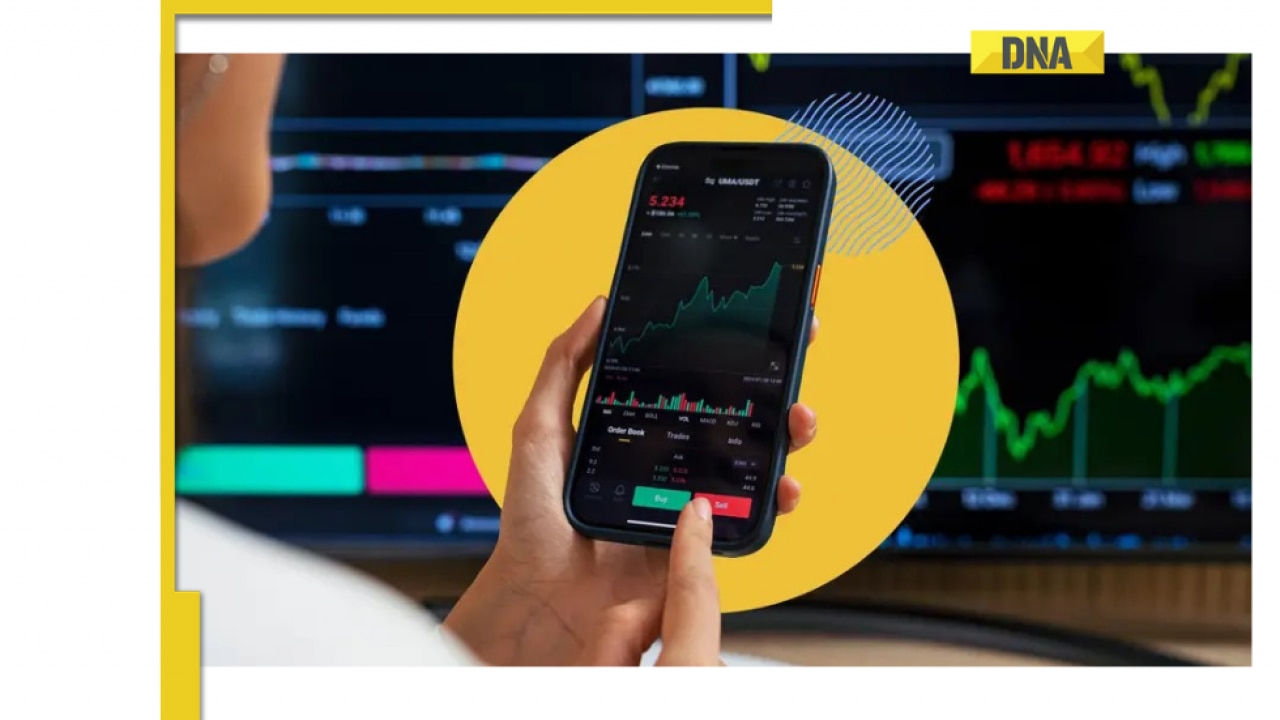
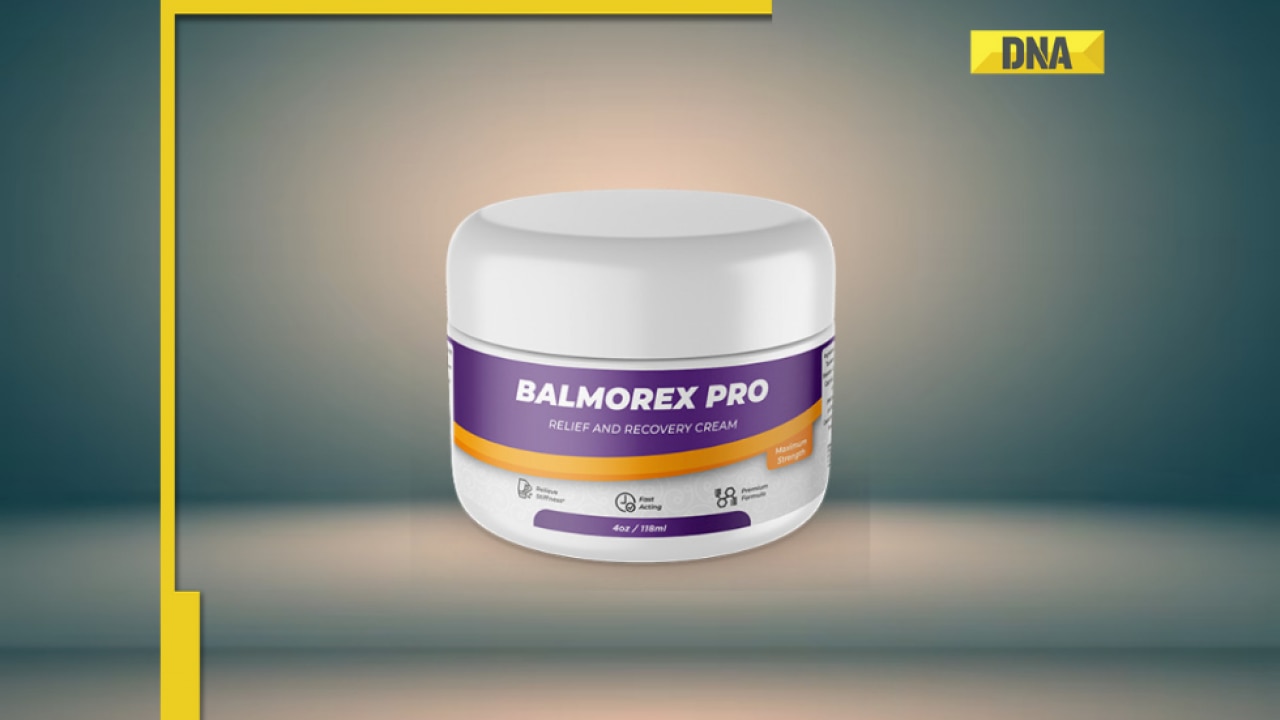
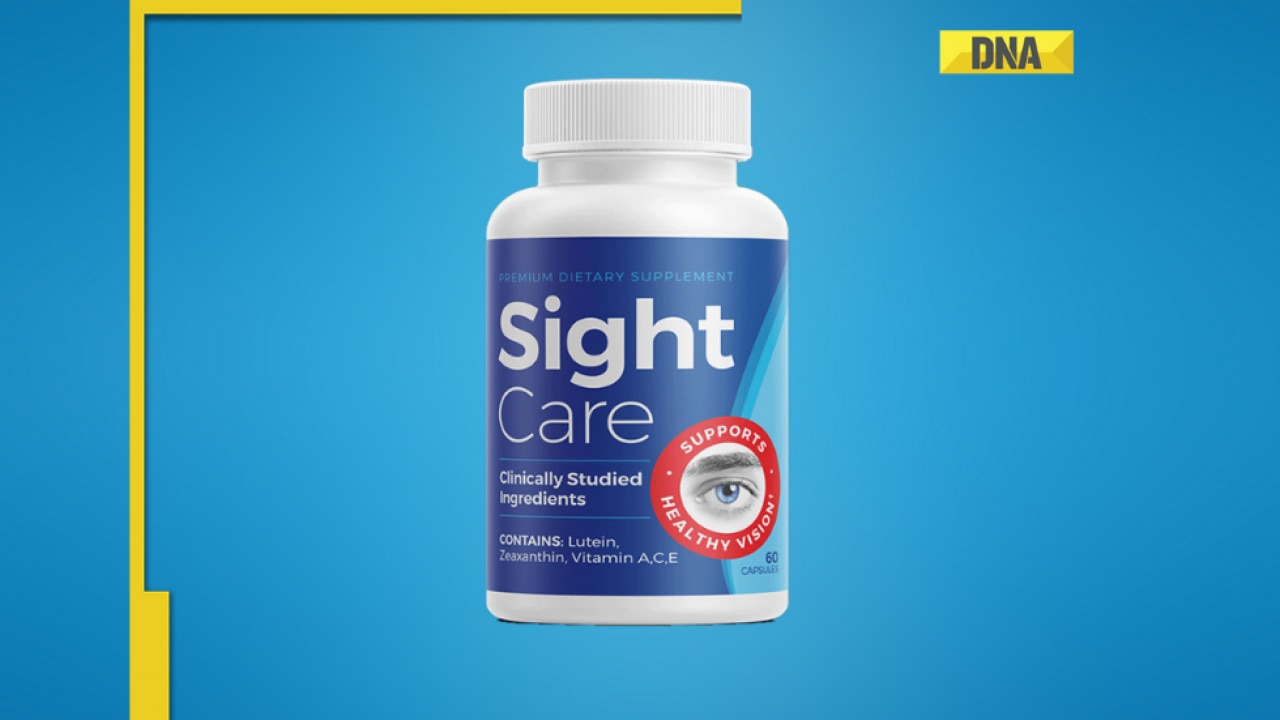
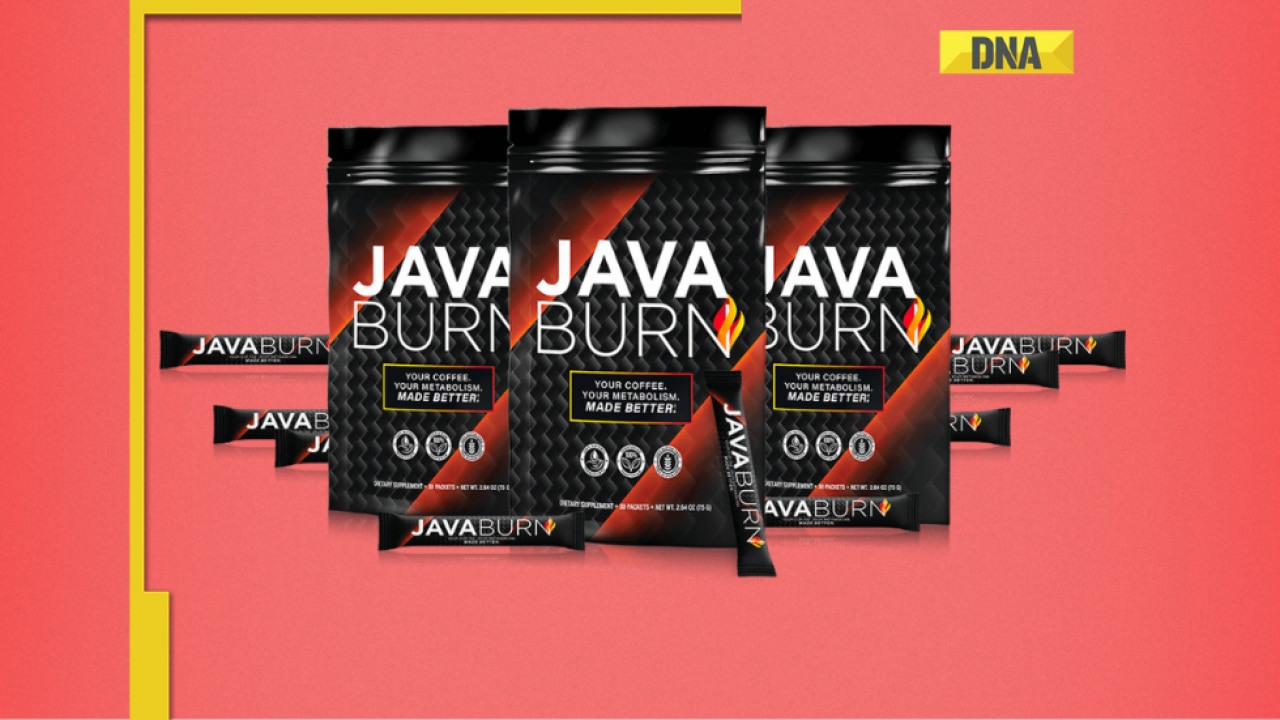































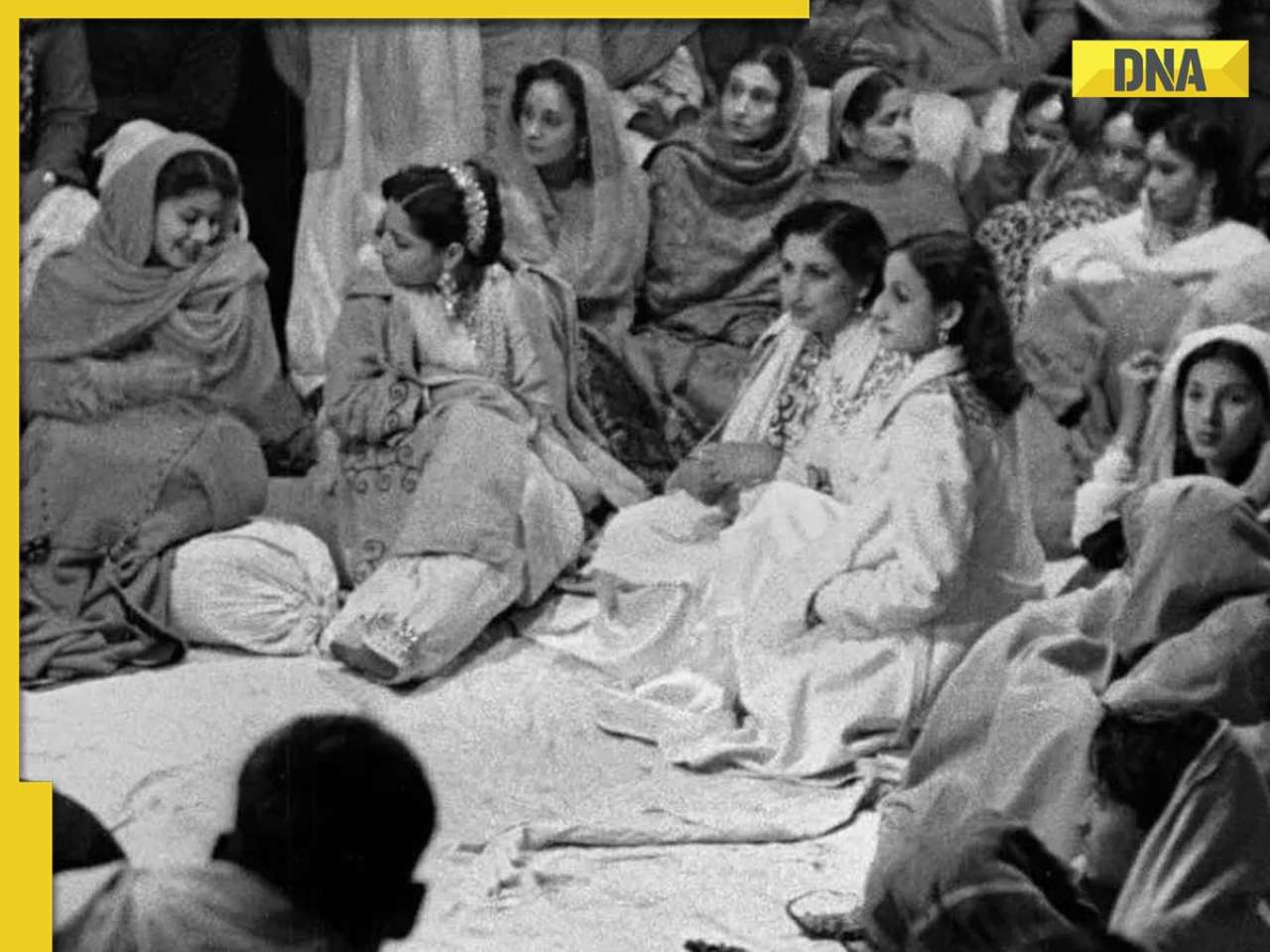




)

















)
)
)
)
)
)